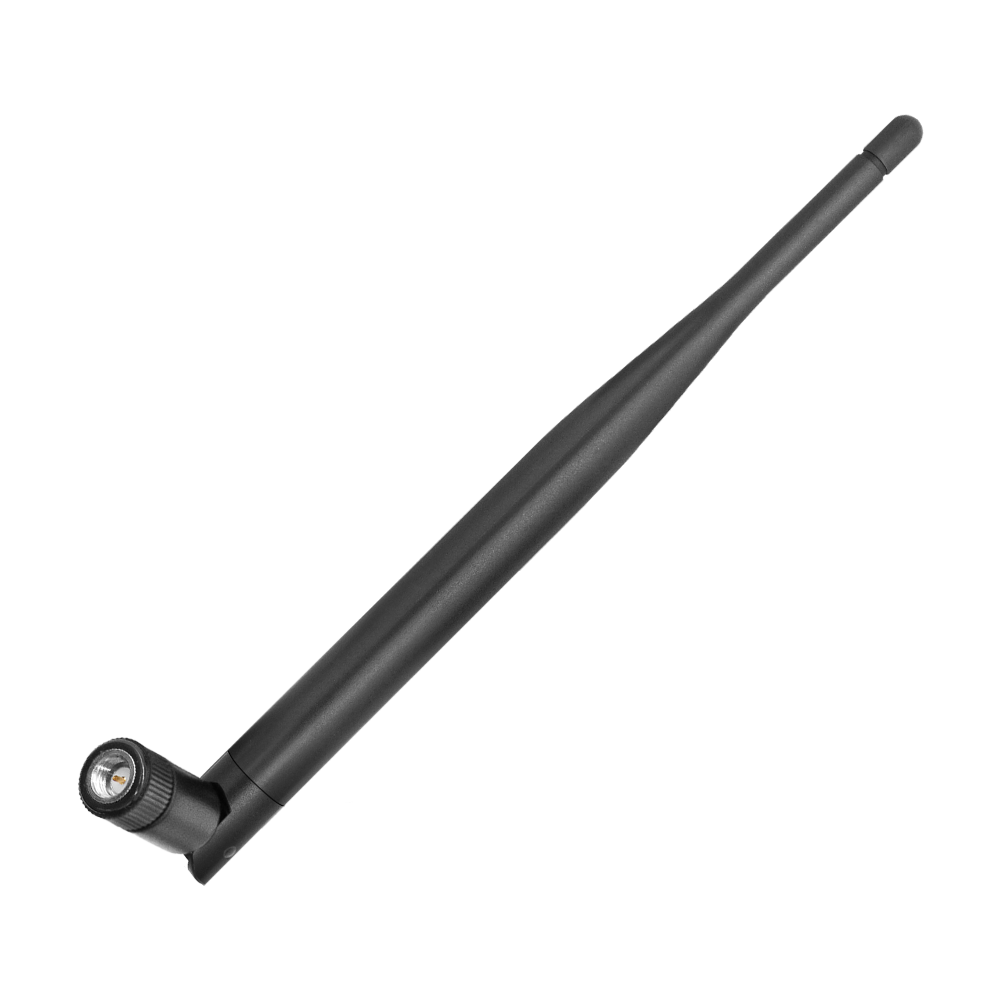As the Internet of Things (IoT) continues to expand, the demand for efficient and reliable communication technologies has never been greater. One of the most promising advancements in this field is the development of UWB antennas. These antennas are revolutionizing how devices communicate, offering unprecedented levels of precision and connectivity.

Understanding UWB Antennas
UWB antennas, or Ultra-Wideband antennas, operate over a wide frequency spectrum, typically ranging from 3.1 to 10.6 GHz. This broad bandwidth allows for high data rates and precise location tracking, making them ideal for various applications in the IoT ecosystem. But what exactly sets UWB antennas apart from traditional communication technologies?
- High Precision: UWB technology can determine the location of devices with centimeter-level accuracy.
- Low Power Consumption: UWB antennas consume significantly less power compared to other wireless technologies, extending the battery life of IoT devices.
- Interference Resistance: The wide frequency range helps UWB antennas resist interference from other wireless signals.
The Role of UWB Antennas in IoT Devices
In the realm of IoT, UWB antennas play a crucial role in enabling seamless communication between devices. They facilitate applications such as asset tracking, smart home automation, and healthcare monitoring. For instance, in smart homes, UWB technology can enhance security systems by providing accurate location data for devices and users.
Moreover, the integration of UWB antennas in healthcare devices allows for real-time monitoring of patients, ensuring timely interventions. This capability not only improves patient outcomes but also optimizes resource allocation in healthcare facilities. Have you considered how UWB technology could transform your industry?
Challenges and Future Prospects
While the benefits of UWB antennas are clear, there are challenges to overcome. Regulatory issues, cost of implementation, and the need for widespread adoption are significant hurdles. However, as technology advances and costs decrease, the potential for UWB antennas in IoT devices will likely expand.
Looking ahead, the future of connectivity appears bright. With ongoing research and development, we can expect to see more innovative applications of UWB technology. Industries ranging from automotive to logistics are already exploring how UWB antennas can enhance their operations.
Conclusion
In conclusion, UWB antennas are set to play a pivotal role in the future of connectivity, particularly within the IoT landscape. Their unique capabilities offer solutions that can enhance efficiency, accuracy, and user experience across various sectors. To explore a wide range of antennas, including UWB options, visit  .
.
As we continue to embrace the digital age, understanding and leveraging the potential of uwb antennas will be essential for businesses and consumers alike. Are you ready to embrace this technology?








